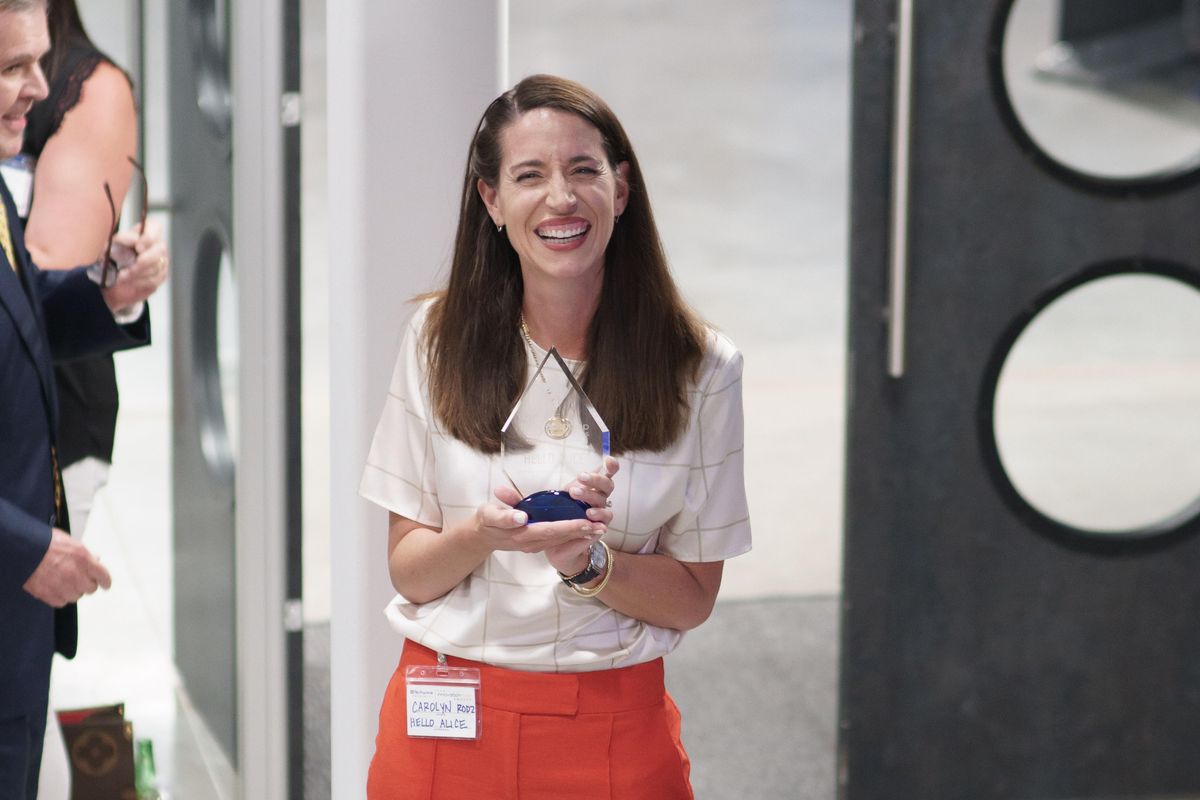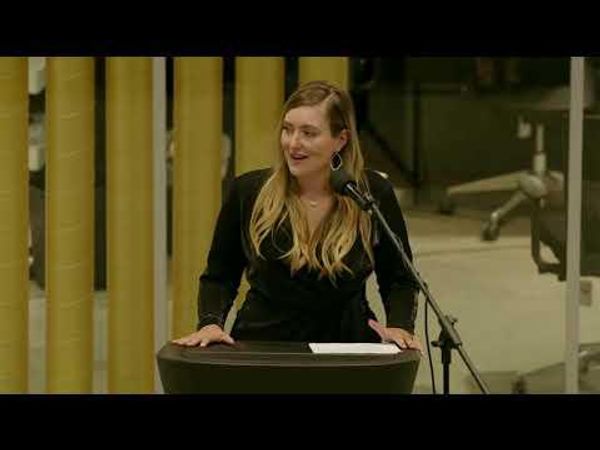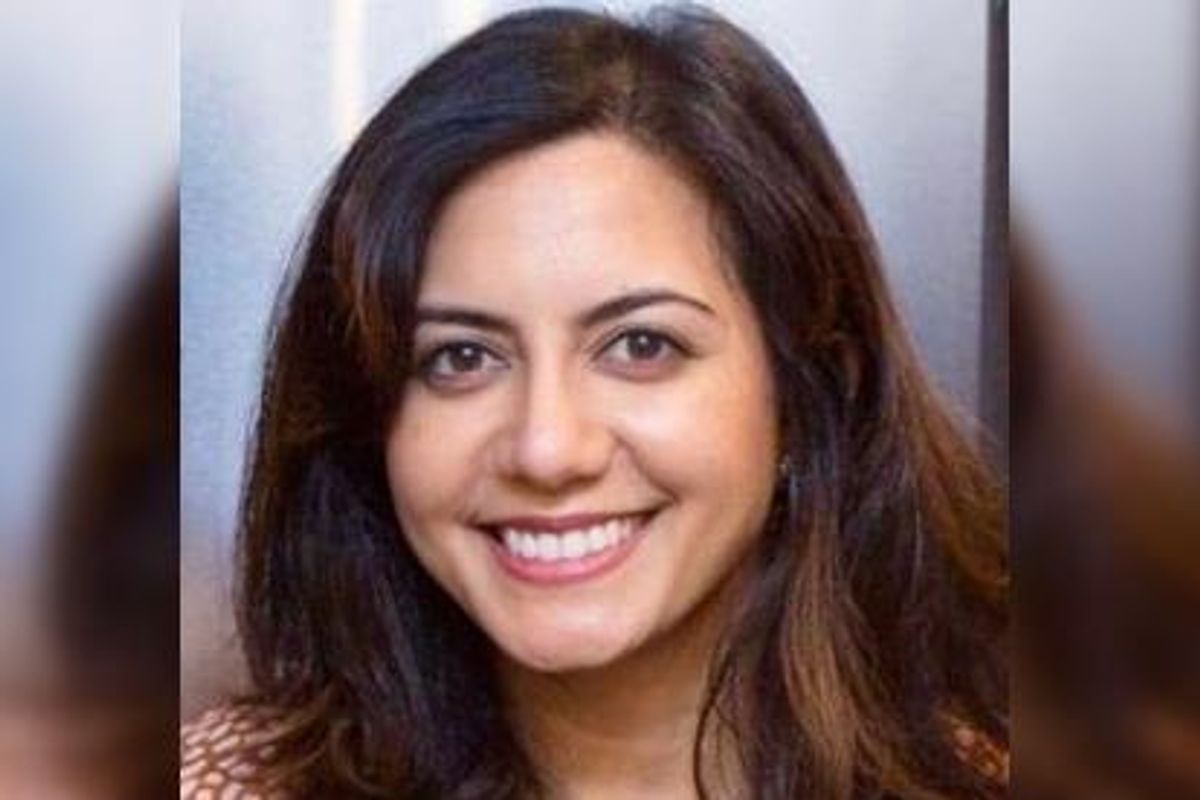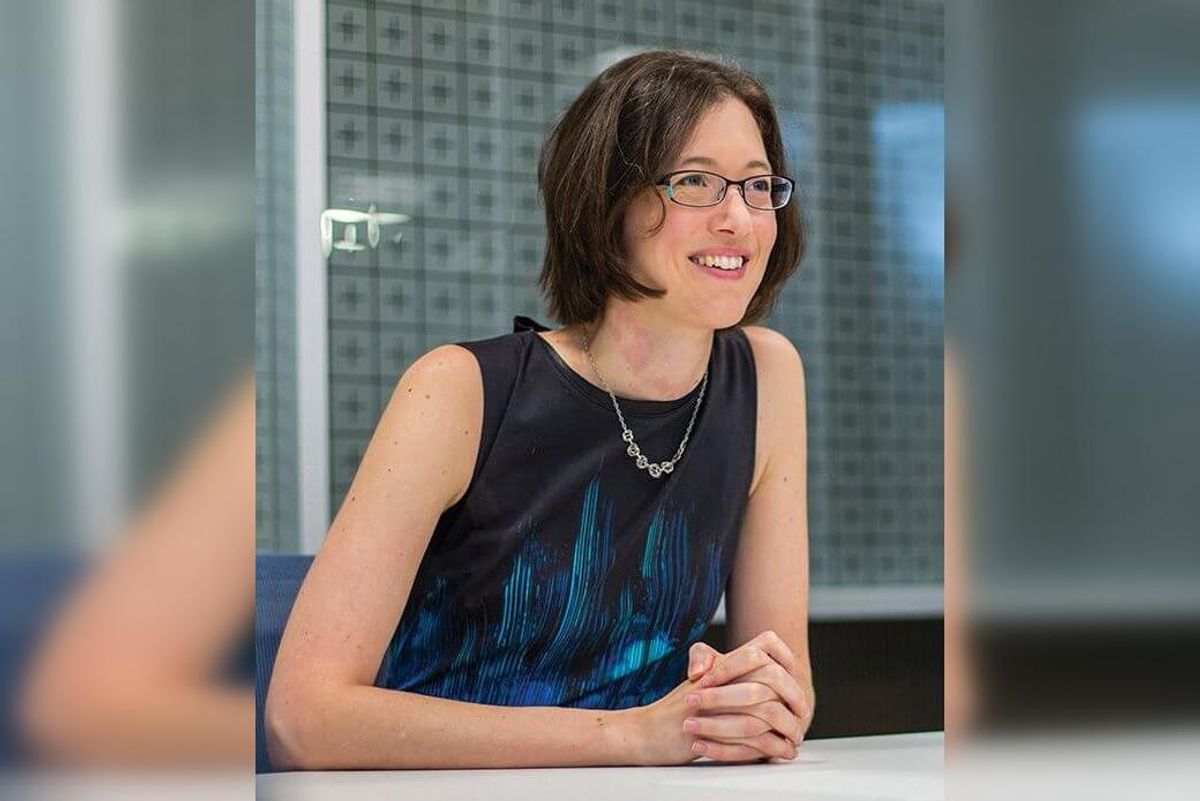5 minority-founded Houston startups shine as Innovation Awards finalists
Meet the Finalists
Houston is one of the most diverse cities in the nation, and that trend carries over into its innovation and startup ecosystem.
As part of the 2025 Houston Innovation Awards, our Minority-founded Businesses category will honor an innovative Houston startup founded or co-founded by BIPOC or LGBTQ+ representation.
Five minority-founded businesses have been named finalists for the 2025 award. The finalists, selected by our esteemed panel of judges, range from a wearable health tech device company to a clean chemical manufacturing business to a startup with a lunar mission.
Read more about these innovative businesses, their initiatives, and their inspirational founders below. Then join us at the Houston Innovation Awards on Nov. 13 at Greentown Labs, when the winner will be unveiled at our live awards ceremony.
Tickets are on now for this exclusive event celebrating all things Houston Innovation.
Capwell Services
Houston-based methane capture company Capwell Services works to eliminate vented oil and gas emissions economically for operators. According to the company, methane emissions are vented from most oil and gas facilities due to safety protocols, and operators are not able to capture the gas cost-effectively, leading operators to emit more than 14 million metric tons of methane per year in the US and Canada, equivalent to more than 400 million metric tons of CO2e per year. Founded in 2022, Capwell specializes in low and intermittent flow vents for methane capture.
The company began as a University of Pennsylvania senior design project led by current CEO Andrew Lane. It has since participated in programs with Greentown Labs and Rice Clean Energy Accelerator. The company moved to Houston in 2023 and raised a pre-seed round. It has also received federal funding from the DOE. Capwell is currently piloting its commercial unit with oil and gas operators.
Deep Anchor Solutions
Offshore energy consulting and design company Deep Anchor Solutions aims to help expedite the adoption of floating offshore energy infrastructure with its deeply embedded ring anchor (DERA) technology. According to the company, its patented DERA system can be installed quietly without heavy-lift vessels, reducing anchor-related costs by up to 75 percent and lifecycle CO2 emissions by up to 80 percent.
The company was founded in 2023 by current CEO Junho Lee and CTO Charles Aubeny. Lee earned his Ph.D. in geotechnical engineering from Texas A&M University, where Aubeny is a professor of civil and environmental engineering. The company has not raised VC funding, but has participated in numerous accelerators and incubators, including Greentown Labs, MassChallenge, EnergyTechNexus LiftOff and others. Lee is an Activate 2025 fellow.
Mars Materials
Clean chemical manufacturing business Mars Materials is working to convert captured carbon into resources, such as carbon fiber and wastewater treatment chemicals. The company develops and produces its drop-in chemical products in Houston and uses an in-licensed process for the National Renewable Energy Lab to produce acrylonitrile, which is used to produce plastics, synthetic fibers and rubbers. The company reports that it plans to open its first commercial plant in the next 18 months.
Founded in 2019 by CEO Aaron Fitzgerald, CTO Kristian Gubsch and lead engineer Trey Sheridan, the company has raised just under $1 million in capital and is backed by Bill Gates’ Breakthrough Energy, Shell, Black & Veatch and other organizations.
Torres Orbital Mining (TOM)
Space tech company Torres Orbital Mining aims to pioneer the sustainable extraction and processing of lunar regolith, and designs and builds robotic systems for excavating, classifying, and delivering lunar material. The company aims to accelerate a permanent and ethical human presence on the Moon.
The company was founded this year by Luis Torres, a current MBA candidate at Rice Business.
Wellysis USA Inc.
Wellysis USA Inc. works to detect heart rhythm disorders with its continuous ECG/EKG monitor with AI reporting. Its S-Patch cardiac monitor is designed for extended testing periods of up to 14 days on a single battery charge. The device weighs only 9 grams, is waterproof and designed to be comfortable to wear, and is considered to have a high detection rate for arrhythmias. It is ideally suited for patient-centric clinical trials to help physicians make diagnoses faster, cheaper and more conveniently.
It was established in Houston in 2023 and participated in the JLABS SFF Program the same year. It closed a $12 million series B last year. It was founded by CEO Young Juhn, CTO Rick Kim, CFO JungSoo Kim and chief strategy officer JoongWoo Kim.
---
The Houston Innovation Awards program is sponsored by Houston City College Northwest, Houston Powder Coaters, FLIGHT by Yuengling, and more to be announced soon. For sponsorship opportunities, please contact sales@innovationmap.com.
- Announcing the 2025 Houston Innovation Awards finalists ›
- Meet the judges for the 2025 Houston Innovation Awards ›
- 2025 Houston Innovation Awards finalists: Scaleup of the Year - InnovationMap ›
- 2025 Houston Innovation Awards finalists: Deep Tech Startups - InnovationMap ›
- 2025 Houston Innovation Awards finalists: Energy Transition - InnovationMap ›





















 With fresh funds, this Houston entrepreneur plans to scale his industrial e-commerce startup
With fresh funds, this Houston entrepreneur plans to scale his industrial e-commerce startup Photo courtesy of LAMIK Beauty
Photo courtesy of LAMIK Beauty Emily Cisek, CEO and co-founder of The Postage
Emily Cisek, CEO and co-founder of The Postage
 Apple doubles down on Houston with new production facility, training center Photo courtesy Apple.
Apple doubles down on Houston with new production facility, training center Photo courtesy Apple.